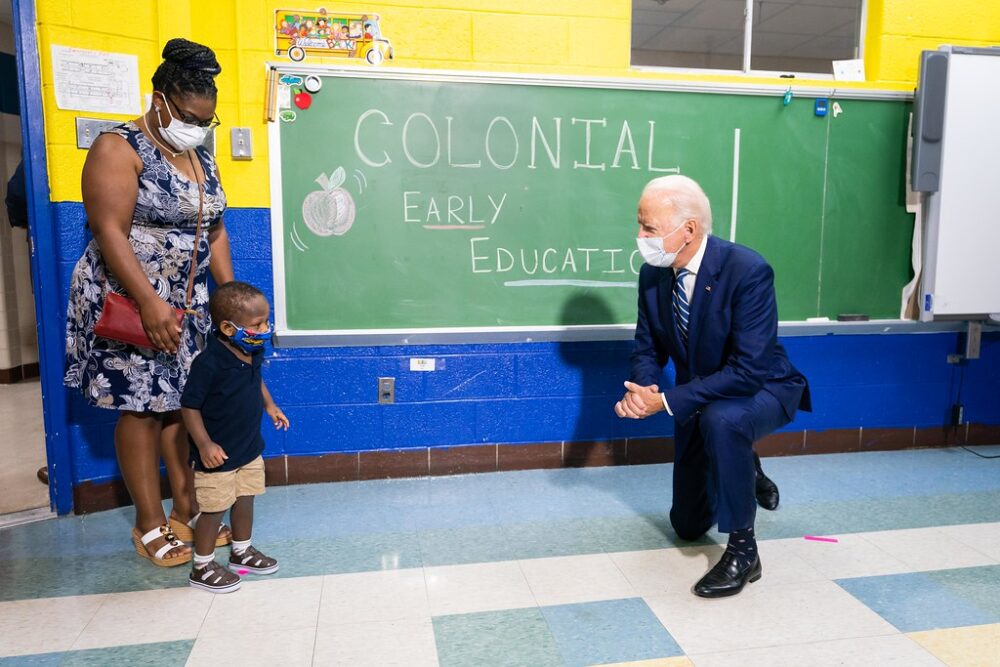
By Emily Doan
President-elect Joe Biden’s administration has made its emphasis on education abundantly clear. With the future First Lady of the United States Dr. Jill Biden’s experience as a lifelong educator and community college advocate, along with Biden’s nomination of Dr. Miguel Cardona for secretary of education, educators are hopeful that long-withheld changes will finally be made in the system.
“I think most sensible administrators, teachers, parents and students have come to realize that we’ve reached a point in education where we have an opportunity to make major changes to the status quo,” English teacher Matt Patton said. “The traditional school system has remained essentially the same for several generations, and now it feels like a perfect time to make a larger paradigm shift considering the events of the past year and this opportunity to hit the restart button.”
Teachers and students are receiving an unprecedented level of advocacy with Cardona and Dr. Biden spearheading changes in education with the Biden administration. Cardona is a former public school teacher and current Connecticut Commissioner of Education. He’s accredited with being the first Latino in his position, as well as the youngest ever principal at age 27.
Dr. Biden has spent over thirty years in classrooms herself, from community colleges to public high schools and a youth psychiatric hospital. When her husband was elected vice president in 2009, she made history in becoming the first Second Lady to maintain her career, and she plans to continue that streak as the future First Lady.
Dr. Biden may be one of the strongest advocates for community college as she emphasizes how essential of a role it plays in building up our workforce. She plans on keeping her stance on the two-year tuition-free community college initiative, which she strongly supported throughout the Obama administration.
“The Biden Plan for Educators, Students, and Our Future” outlines the goals the Biden administration hopes to achieve. Here are some of its major points:
Support our educators.
The Biden administration understands the challenges that educators experience on a daily basis. Biden plans on “trip[ling] funding for Title I, the federal program funding schools with a high percentage of students from low-income families.” Districts will be required to prioritize increasing wages for educators with these funds. This in turn gives educators and school districts more room to decide where their resources will best be used in their communities.
Biden also wants to invest in teachers who are furthering their careers, whether that be as mentors in their community or getting another certification. Biden also wants to support teachers in paying off their student loans, which requires the Public Service Loan Forgiveness Program to be reevaluated.
Equality for all students.
The Biden plan wants to guarantee that every child has an equal playing field in regards to their future. By increasing the funding for Title I, Biden hopes to close the “estimated $23 billion annual funding gap between white and non-white school districts.”
Biden plans on improving diversity within teachers as well as schools by “reinstating the Obama-Biden administration’s actions to diversify our schools” and supporting educators and future educators of color.
His administration wants to guarantee that children with disabilities are being provided for in the school system. The current Individuals with Disabilities Education Act is not covering the promised 40% extra cost for special education, so the Biden administration plans to live up to this in the next ten years.
“It’s refreshing to see these plans and think there are people who are passionate about public education in positions of leadership,” Patton said. “I am hopeful that these ideas are more than just election rhetoric and that they actually come to fruition.”





